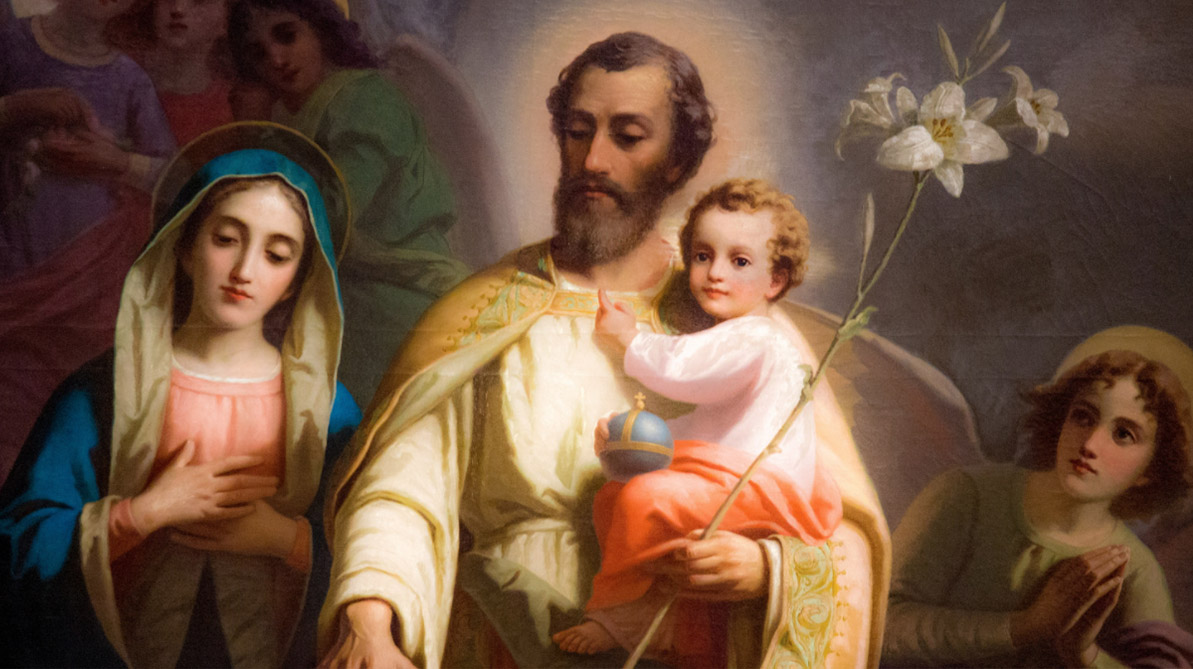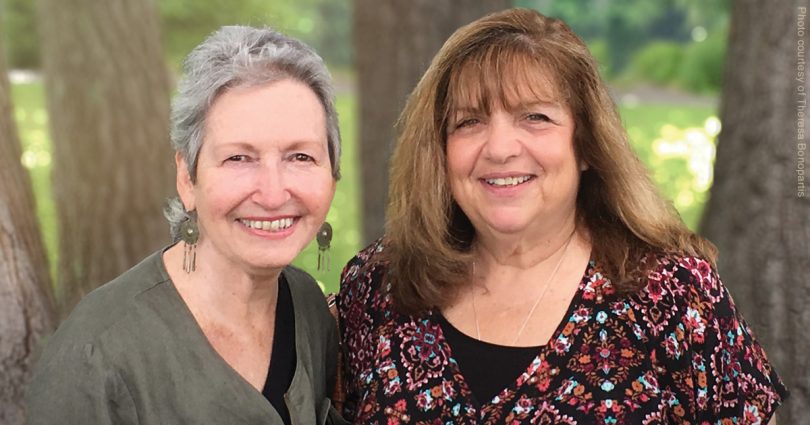By Susan Ciancio
On June 11, we celebrate the feast day of St. Paula Frassinetti. Paula was born in Italy in 1809 and grew up the third of five children. Her mother died when she was nine, leaving her—as the only female—to take care of the house.
From the time Paula was young, she felt a call to serve Christ. Her older brother Giuseppe became a priest and would often talk with her about the faith. She, too, wanted to follow God, but her father was hesitant because he needed her help around the house. So Paula obediently stayed.
But at age 19, overwhelmed with her tasks at home, she took an extended trip to visit Guiseppe, who was then a priest in a seaside town. There, as she and her brother talked, she learned more about the faith. She even began teaching the young girls of the town. It was only then that she discovered her passion for education.
Her popularity as a teacher grew, and soon, six other women joined her in her teaching vocation. Together, they opened a school for poor children. With the help of another local priest, the women took the name the Sisters of St. Dorothy. Their goal was “to be fully available in the hands of God to evangelize through education, with a preference for youth and the poorest.”
Though the sisters were very poor at first, they were eventually able to open houses, schools, and orphanages in other cities. Paula spent the rest of her life teaching children about God. She once said that her goal was to bring young people to God through education.
St. Paula died peacefully in 1882. Today, the Sisters of St. Dorothy teach in Africa, Europe, Asia, North America, and Latin America.
Bearing fruit
This week, in his Bible in a Year Podcast, Fr. Mike Schmitz read from the Gospel of Mark. In Mark’s gospel, we hear how we must live in order to attain heaven with God. Mark describes a scene where Jesus is hungry; He sees a fig tree and approaches it only to find that it has no fruit. Jesus curses the tree saying: “May no one ever eat of your fruit again!” The next day, Jesus and the Apostles pass by that same tree, and it has withered to the ground.
This may seem like an odd story, but, as Fr. Mike explains, Jesus used this event as a teaching moment. Jesus wanted the Apostles (and everyone else) to understand that the people of Israel are the fig tree. As the chosen children of God, they must produce fruits that show that they belong to God. If they don’t produce fruits, they will wither. Fr. Mike explained that Jesus is essentially saying: “The reason that you belong to me is so that I can bless the world through you. So demonstrate the fruit.”
Through our baptism, we too belong to God. We must be that fig tree that bears fruit, or we will also wither. In other words, in all that we do, we must use the blessings He has given us to bring others to Him.
How do we do that? According to the Church, there are 12 fruits of the Holy Spirit. Fruits of the Holy Spirit are “observable behaviors of people who have allowed the grace of the Holy Spirit to be effective in them.” These include charity, generosity, joy, gentleness, peace, faithfulness, patience, modesty, kindness, self-control, goodness, and chastity.
All of these characteristics are the fruits of a life rooted in Christ. And when we demonstrate these and live a life of virtue, we produce fruit.
Education is fruit
After hearing Fr. Mike’s eye-opening description of Mark’s passage, I couldn’t help but think of the life of St. Paula. Her amazing and inspirational work with poor children surely bore much fruit.
As we educate our own children, grandchildren, or other students, we should look to St. Paula for inspiration. Our secular world today will not teach our children about God. It will not teach our children that, to be a good disciple of Christ, we must give Him not only our first fruits, but our last. It will not teach them about morality or about the saints. And it will not teach them how to rely on God during difficult times. We must do this!
That is not only our job, but it’s our responsibility. That is why the Culture of Life Studies Program is so integral and so important for families, schools, religious ed programs, and other groups. Through our lessons, we help you bear fruit!
When we meet Christ and He asks us what we did with the blessings He gave us (i.e., our children or students), how will we respond? Will we be like the fig tree that produced fruit? Or will we be like the withered fig tree?
St. Paula worked every day to bring young people to God through education. At the CLSP, we do the same. And we know that, someday when God asks us to produce the fruits we bore, we will have many to show Him.



